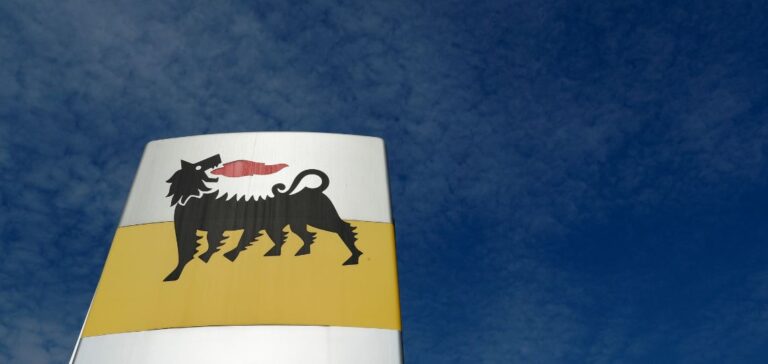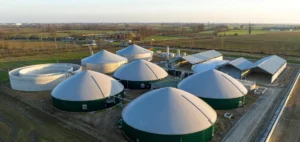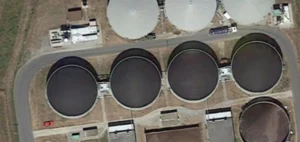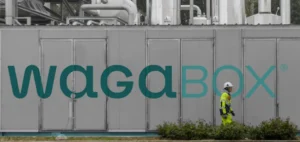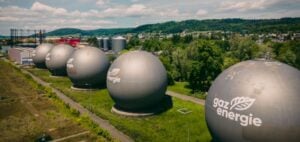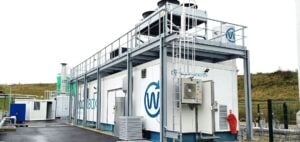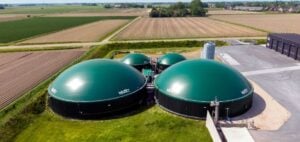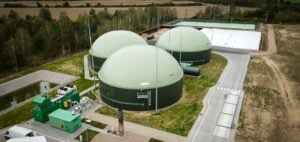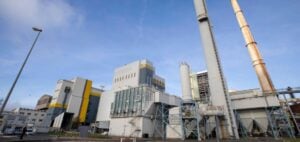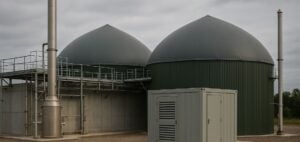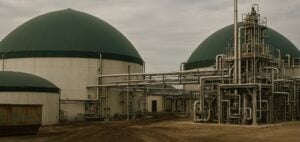The agreement signed between KKR and Eni marks another step in structuring Enilive’s capital. Last October, KKR had already acquired 25% of the subsidiary for €2.9 billion. With this new transaction, KKR now holds 30% of Enilive, further consolidating its commitment to the bio-refining sector.
A valuation reaching €11.75 billion
The current deal values Enilive at €11.75 billion, reflecting market interest in this sector. Eni continues its development strategy by structuring its divisions into autonomous entities capable of attracting strategic investments. This approach, referred to as “satellite” by Eni’s CEO Claudio Descalzi, aims to optimize the group’s financial flexibility while accelerating the growth of its subsidiaries.
A subsidiary expanding in bio-refining
Enilive is active in bio-refining, biomethane production, and connected mobility services. It also operates a network of service stations offering fuels derived from renewable raw materials. The company plans to increase its production capacity to over 3 million tons per year by 2026, a significant rise compared to 2023, with a target of more than 5 million tons by 2030.
An investment confirming the sector’s attractiveness
According to Francesco Gattei, Eni’s Chief Financial and Transition Officer, KKR’s additional investment highlights Enilive’s appeal to investors. This transaction takes place in a context where industry players are seeking to diversify their business models and seize opportunities in emerging energy sectors.

